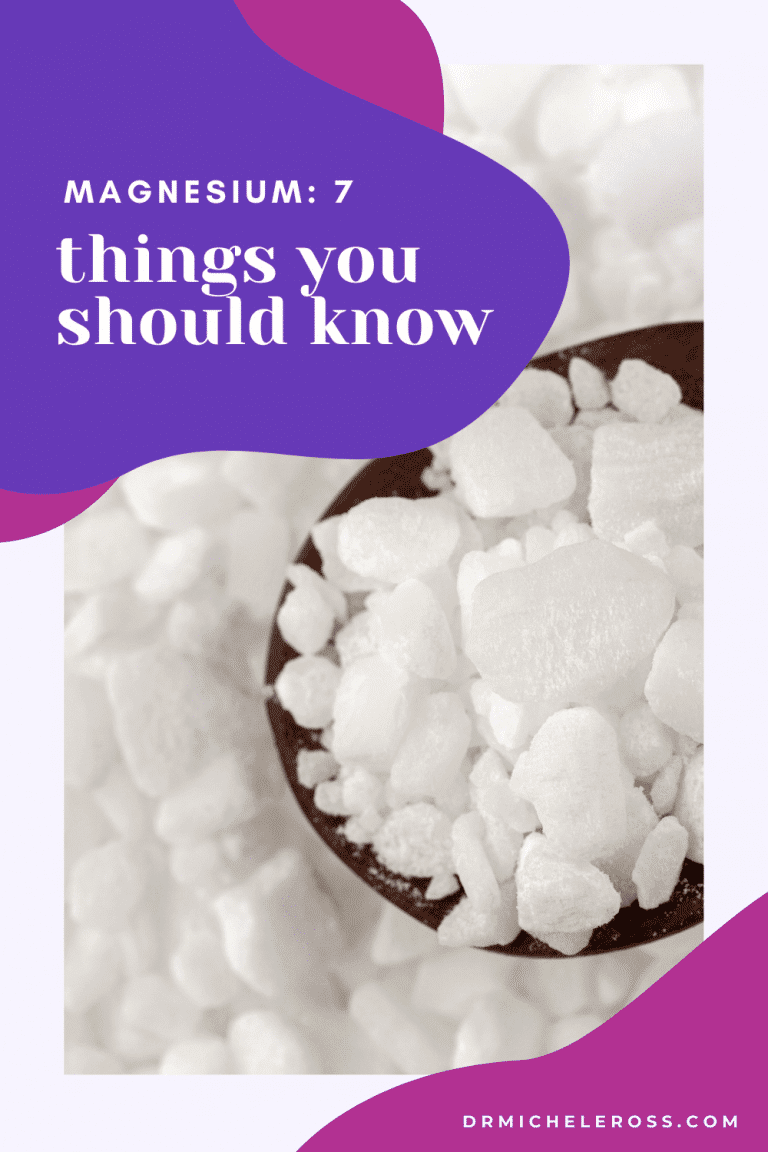
Many people try to live a healthy lifestyle. That can often mean taking vitamins and minerals. Your body runs on such a variety of nutrients that it can be difficult to select the right supplements. Educating yourself on magnesium can help you decide if you should add more to your diet.
What Is Magnesium?
Magnesium is a mineral that your body and brain need to stay healthy and function properly. It is an integral part of more than 300 enzyme reactions throughout your body. Despite its importance, many U.S. citizens have a magnesium deficiency. You may need to add a magnesium complex to your routine or alter your diet.
What Are The Signs of Magnesium Deficiency?
It can be challenging to recognize that you have a magnesium deficiency. There are no obvious short-term effects because your body can make adjustments for times of low intake. Your kidneys will decrease magnesium concentrations in your urine. However, your body cannot fight a long-term deficiency effectively. You may start experiencing decreased appetite, upset stomach, tiredness, and weakness. Severe prolonged deficiency can lead to concerns like cramps, seizures, and heart arrhythmia.
How Can You Intake Magnesium?
You can get magnesium through your natural diet or supplements. The foods with the highest levels include milk, yogurt, nuts, whole grains, green leafy vegetables, and fortified foods. If your diet doesn’t include many of those items, you can turn to a multi-mineral supplement or a specific magnesium supplement.
Are There Benefits To Using Magnesium?
Magnesium benefits several areas of your body. Studies have shown that it can slightly decrease blood pressure, help break down sugars, build strong bones, and reduce migraines. Magnesium has also been said to reduce muscle cramping and help with sleep. Some people believe it to have antidepressant and antianxiety properties.
How Much Magnesium Do You Need?
The amount of magnesium that’s recommended changes throughout your lifetime. It varies for men and women, and women’s targeted amount changes during pregnancy and breastfeeding. In general, adults need about 310-420 mg per day, and children require less. Charts can help you break down your need.
Can You Take Too Much Magnesium?
Whether or not you can intake too much magnesium depends on where you are getting it from. You don’t have to worry about limiting magnesium that is part of your diet naturally from food and beverages. Healthy kidneys will expel any excess.
Should You Talk to Your Doctor?
It is always smart to consult with your doctor about health concerns. Health care professionals can perform blood tests to tell you your actual magnesium levels. Then, they can give you a personalized recommendation for magnesium intake. Your doctor has your medical history and your doctor can also review drug interactions that may occur with magnesium and any current medications. Magnesium is a necessary dietary mineral. You should familiarize yourself with the benefits, signs of deficiency, and recommended intake. Then talk with your doctor if magnesium supplements are right for you.
Pin This Post






